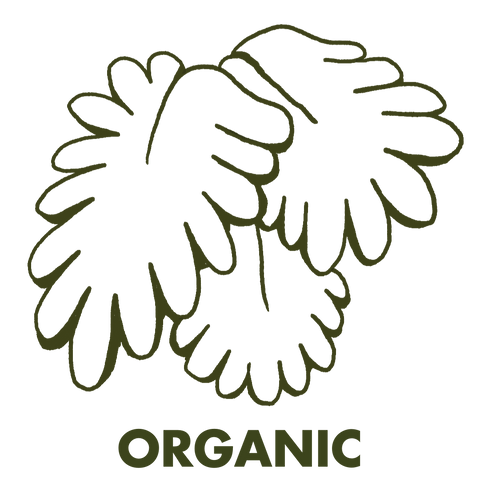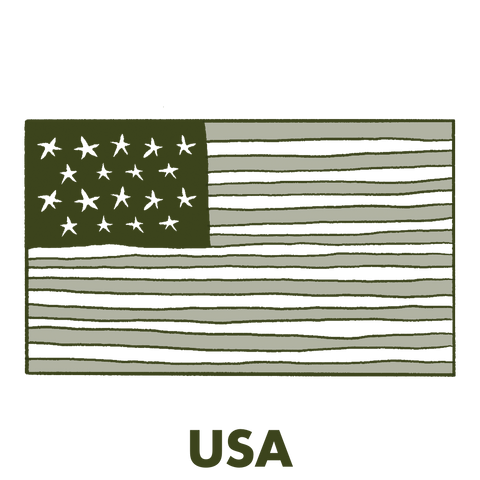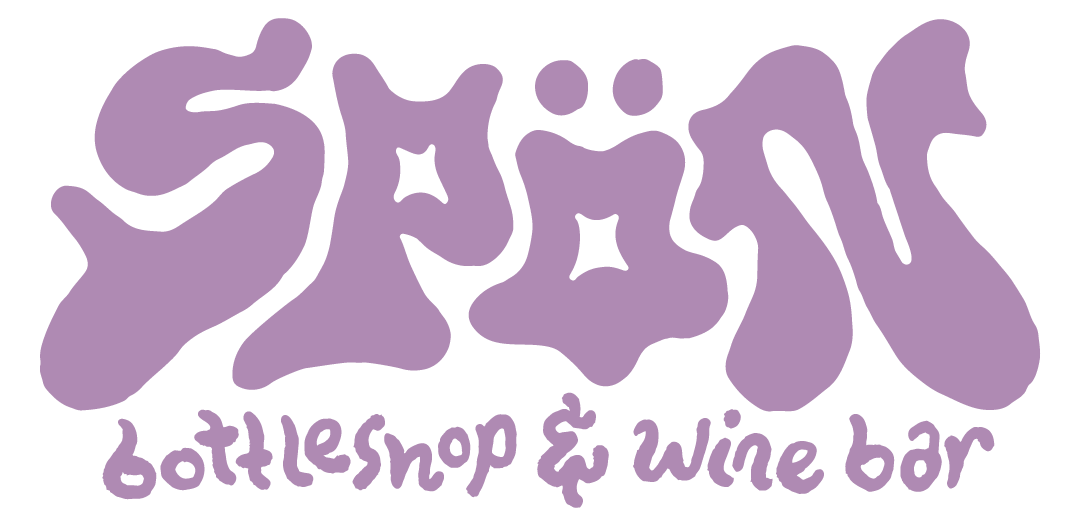
2021 Arnot-Roberts Luchsinger Trousseau Pinot Noir






WINEMAKER: Duncan Arnot Meyers & Nathan Lee Roberts
REGION: California, USA
VARIETAL: Trousseau, Pinot Noir
VITICULTURE: Organic
The source for our Trousseau, the Luchsinger vineyard in the Big Valley appellation in Lake County, was hit with a rare devastating black frost in late October of 2020, which stunted and killed dormant buds needed for the next year’s growth. Due to the much lower crop yields combined with ongoing drought conditions, the 2021 Trousseau was delicious but very pale and low in tannin; both variables needed for a complete wine. During our post-harvest barrel tasting, we decided to bolster the Trousseau by blending in 20% Pinot Noir from our newest site, Fox Creek in the hills above the Carmel Valley. Both varieties were fermented with whole clusters before being blended together and aged in neutral French oak barrels. We are delighted with the resulting wine which positively bursts with bright ruby colors, saturated red fruits and exotic spice.
Since foundation 2001, Arnot-Roberts has been one of the most progressive and revolutionary producers on the California landscape. Initially their focus was just on making great Californian wines, but when the cool 2005 vintage gave them wines in a more austere, high acid style than the region was used to, Nathan and Duncan reacted completely differently to practically everyone else in California – they loved them and decided to pursue lower ripeness levels and higher acidity in all of their wines henceforth.
Their focus shifted to the best cool climate sites they could find, most of which were struggling to sell their fruit due to the obsession with high sugar levels that was pervasive at the time. Vineyards like Clary Ranch, Fellom Ranch, Luchsinger and Griffin’s Lair are lauded today, but not long ago it was only Nathan and Duncan that wanted their fruit.
Winemaking at Arnot-Roberts borrows from both the old world and new. While each wine gets its own regime, the general technique is decidedly low-tech, and includes indigenous fermentations, little or no new wood, and whole-cluster inclusion for the red wines. Intervention is minimal - just a conscientious addition of SO2 prior to bottling.
